The announcement of a defence pact between Pakistan and Saudi Arabia has unsurprisingly hit the headlines across the world, given that it seems to extend Islamabad’s nuclear umbrella to Riyadh. That needs a great deal of disaggregation, given that all this is said to arise from Israeli attacks against Hamas leaders in Qatar.
Anyone who can even remotely expect Pakistan to defend anyone against Israel has little understanding of reality as it exists now or earlier. The past matters, because it’s also a fact that parts of the now much-discussed defence pact have been in operation for decades. But history is no guide for the future, as most countries are finding out in a world torn between conventional and tariff wars.
The Joint Statement itself is fairly straightforward. It bookmarks long-standing defence ties between the two and then goes on to state baldly that the two had signed a ‘Strategic Mutual Defence Agreement’, whose operative clause is not only to develop ‘aspects’ of defence cooperation but, critically, to strengthen ‘joint deterrence against any aggression… any aggression against either country shall be considered an aggression against both’.
The first part on defence cooperation was instituted in 1967, which led to the stationing of Pakistani defence personnel in Saudi Arabia, the training of the Saudi military in Pakistan, and a number of joint exercises between the two. It’s worth noting that this agreement came into existence after the humiliation of the 1967 Arab-Israeli War. History casts a long shadow in these parts, as Riyadh chooses to publicly declare the relationship after the audacious attack by Israel on Qatar.
Common Defence
But the relationship was much more than just defence assistance. Pakistani troops saved the day when the holy Kaaba was occupied by extremists in 1979. The end effect for Pakistan was that Zia ul Haq decided to copycat the practices of the Saudis.
Impact Shorts
More ShortsIn 1982 another defence pact was signed to cement ties between the two. More importantly, Saudis became the largest donor to the Pakistan economy, committing, at last count, $6 billion in aid at a time of economic crisis in 2018. Less known during this period was the close Saudi-Pakistan intelligence cooperation in support of US operations in Afghanistan.
Even more interesting is that the nuclear aspect is also an old relationship. A noted expert observes that in 1994, a Saudi diplomat at the UN, Muhammed Khilewi, defected with a huge cache of documents. Some of these indicated that a pact had been signed that ensured that in case of a nuclear attack on Saudi Arabia, Pakistan would retaliate against the aggressor. Whether this was ever tested in practice remains unknown. But this happened alongside Saudi financial assistance for Pakistan’s nuclear and missile programme.
As Vikram Sood notes, North Korean missiles were traded with the financial backing from the Saudis. Prince Sultan bin Abdel al-Aziz remains the only foreign visitor to ever visit a Pakistani nuclear installation, the Kahuta uranium enrichment plant. The fact that this was denied to even Prime Minister Benazir Bhutto earlier says much about the relationship.
Then there was the AQ Khan proliferation circle, which merrily sold and bought nuclear technology and expertise from all over the world. Word had it that one of those who received assistance was the Saudis. Even in 2022, Prime Minister Shehbaz Sharif, in his usual overenthusiastic fashion, was tweeting that Pakistan considered Saudi Arabia’s security as its own, which underscored, rather openly, the ‘bond’ of common defence.
Saudi Arabia Has Different Priorities
But the world changed, and with it, Saudi Arabia. Under Prince Mohammad bin Salman (MBS), the country has moved in an entirely opposite direction to Pakistan’s radical slide. As the latter saw terrorist attacks rise and its own terrorists out on the street spitting fury, the Saudis moved to modernise and, most importantly, move the economy away from a dependence on oil revenues. In that, India had a role to play. Prime Minister Narendra Modi responded with enthusiasm, and India is now its second-largest trading partner.
More than 2 million Indians work in Saudi Arabia, while each has invested some $3 billion in the other’s market. The future lies in the India-Middle East-Europe Corridor (IMEC), which should then firmly tie up the two in immense trade potential. But the most potent indication of the difference in Saudi Arabia’s regional ambitions is that it seems to have kept India in the loop about the projected pact and also briefed Iran. The two are on a path to rapprochement.
Special Relationship May Be History
Relations with Saudi Arabia have not been smooth sailing in recent years. Army Chief Qamar Bajwa virtually told Riyadh that Pakistan was not a gun for hire and refused Pakistani troops for the Saudi fight against Yemen. That was when the Pakistan Parliament flatly refused to get into a mess between Iran and the Saudis. But the army also made sure that former army chief, Raheel Sharif, was appointed to head a Saudi-led force, the Islamic Military Alliance to Fight Terrorism (IMAFT). Saudis also showed themselves tired of Pakistan’s perpetual economic mess when they extended loans but raised interest rates.
The End Result
Consider that there is no actual ‘joint deterrence’, considering only Pakistan has nuclear weapons, and its ‘hire’, as Saudis once said, is a complicated business, especially when it is ostensibly against Israel. The Pakistani army has long tried to cosy up to Israel, only for this effort to be knocked back by popular anger. With the war in Gaza ongoing, any outreach will be suicidal. Following the defence pact, Tel Aviv will look at Islamabad with a jaundiced eye.
For India, the possibility remains that Saudis will be asked to donate more for Pakistan defence and, more importantly, defence production for supplying Saudi forces as well. The crux of the question is how Riyadh will react if Delhi does Sindoor-2.0. In terms of actual defence, probably nothing.
True, Islamabad will demand some action, perhaps the movement of some Saudi aircraft–flown by Pakistanis–into Pakistan airfields. But all this ignores Islamabad’s heavy dependence on Saudi funds. It is in no position to demand anything from anyone. Especially if a rampaging Israeli prime minister, Benjamin Netanyahu, is persuaded to stop the war and open up IMEC for business. And there lies India’s diplomatic route, a strongly moral one that sits well with its diplomatic ethos. That it also serves India’s strategic interests is a bonus.
Tara Kartha is Director, Research and Analysis at the Centre for Land Warfare Studies. Views expressed in the above piece are personal and solely those of the author. They do not necessarily reflect Firstpost’s views.


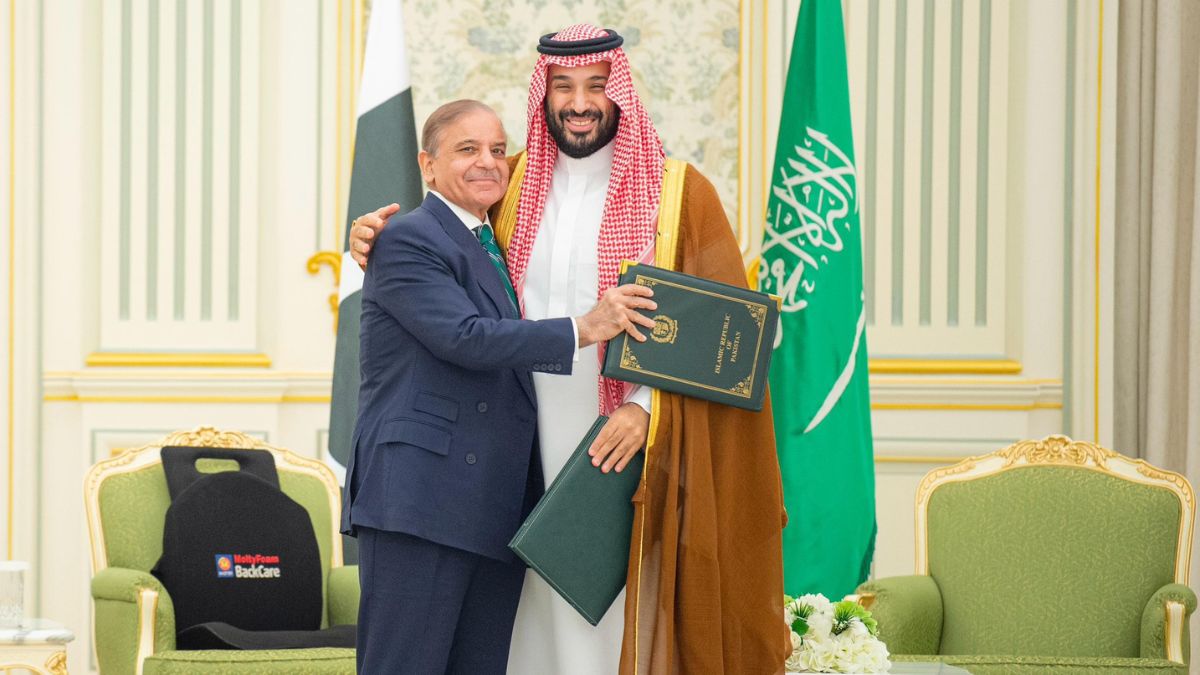)
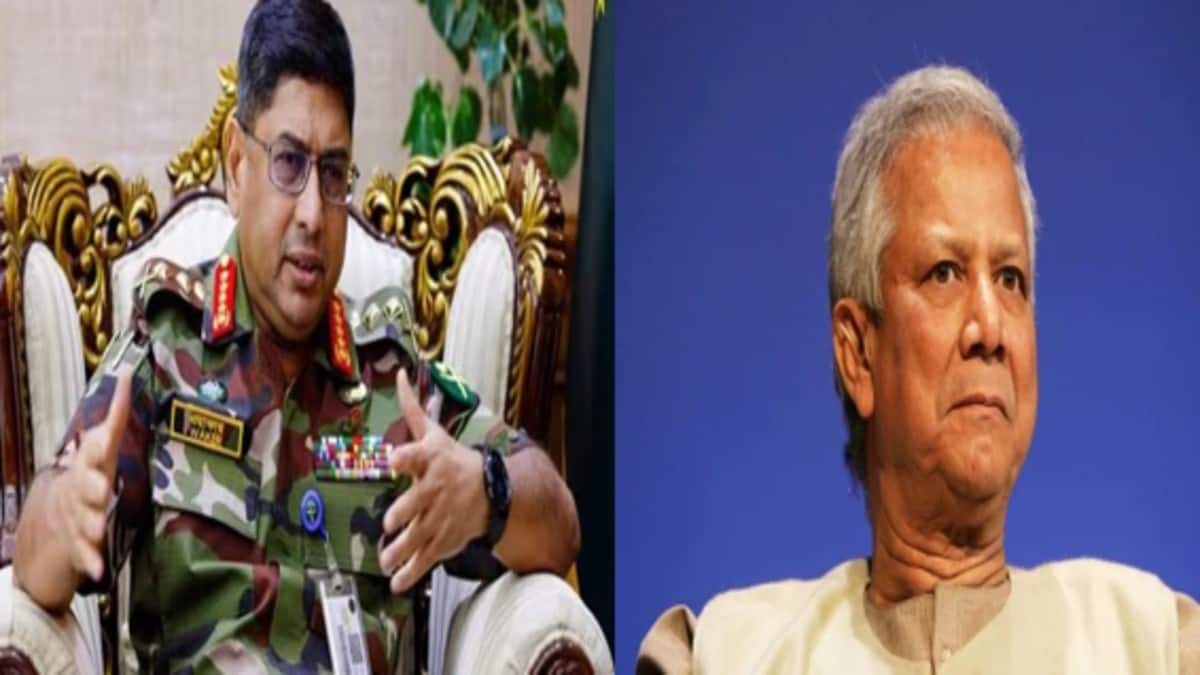
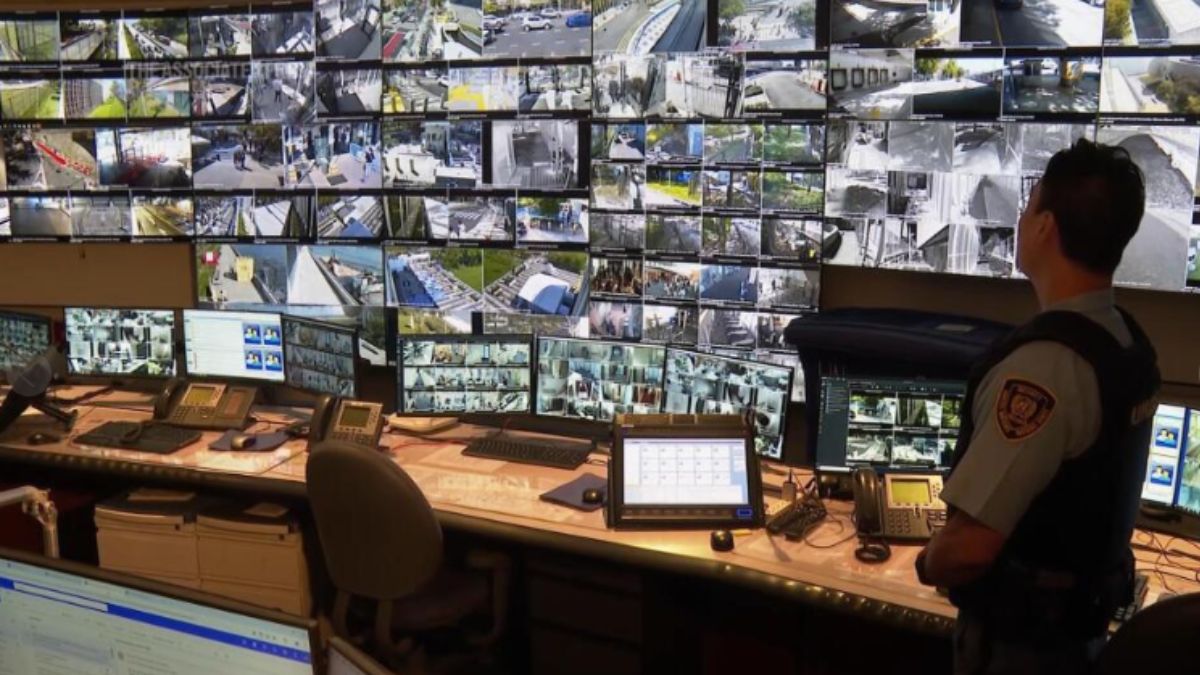)
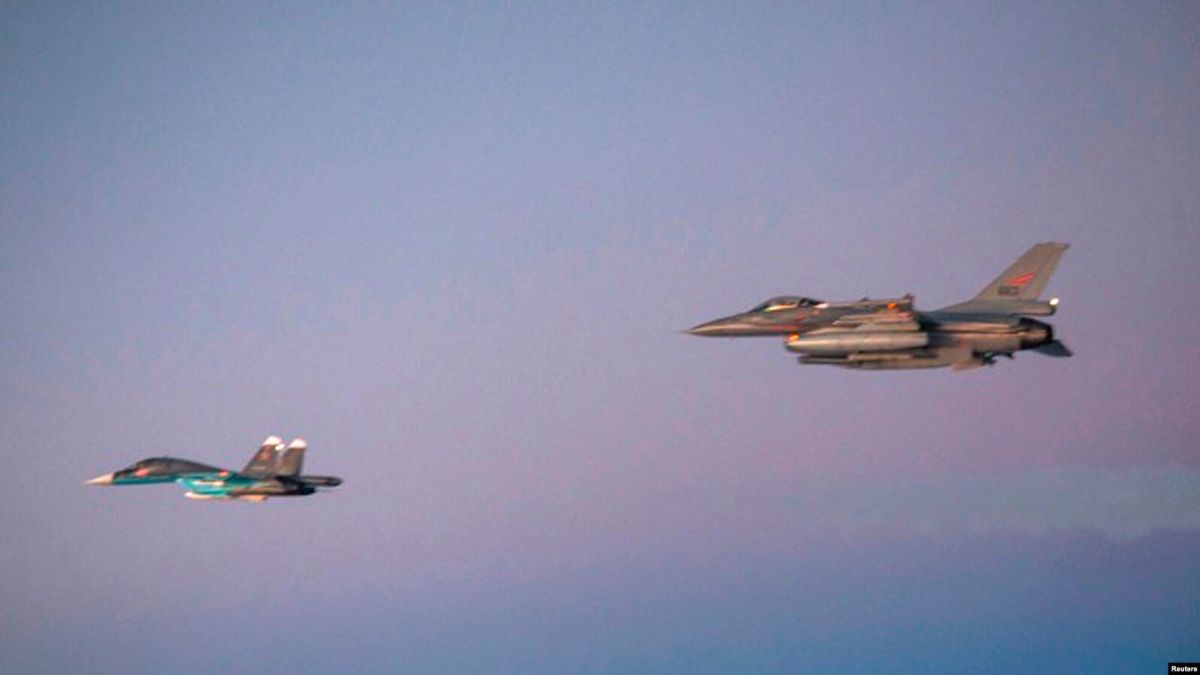)
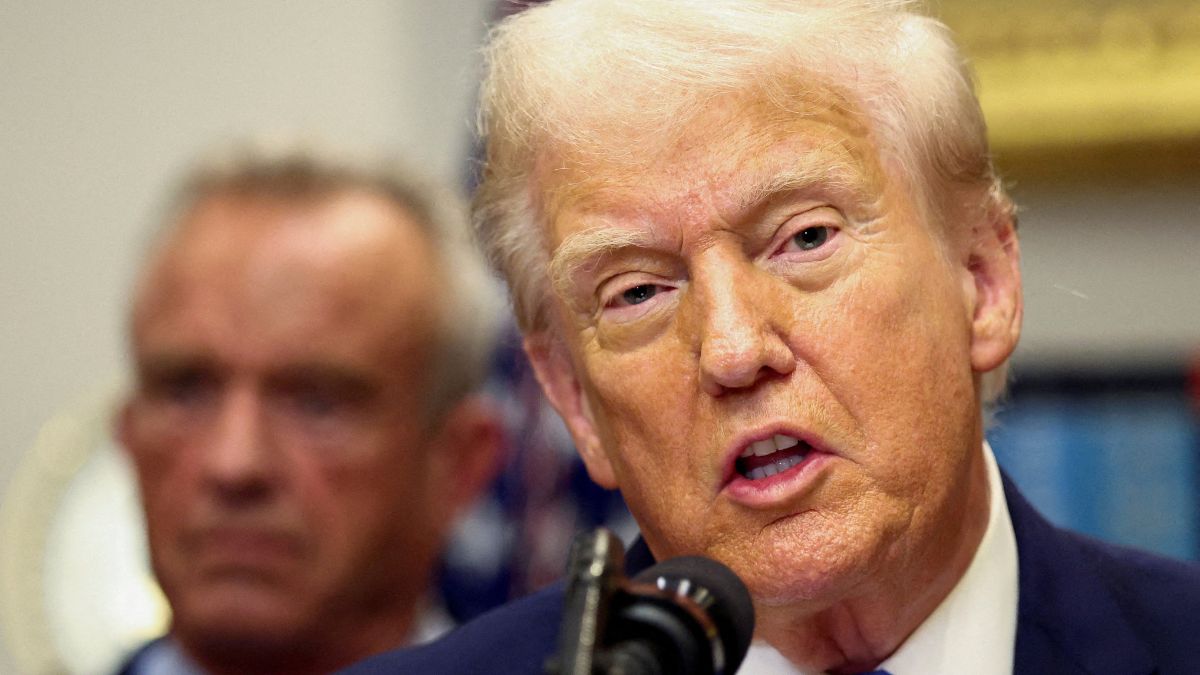)
)
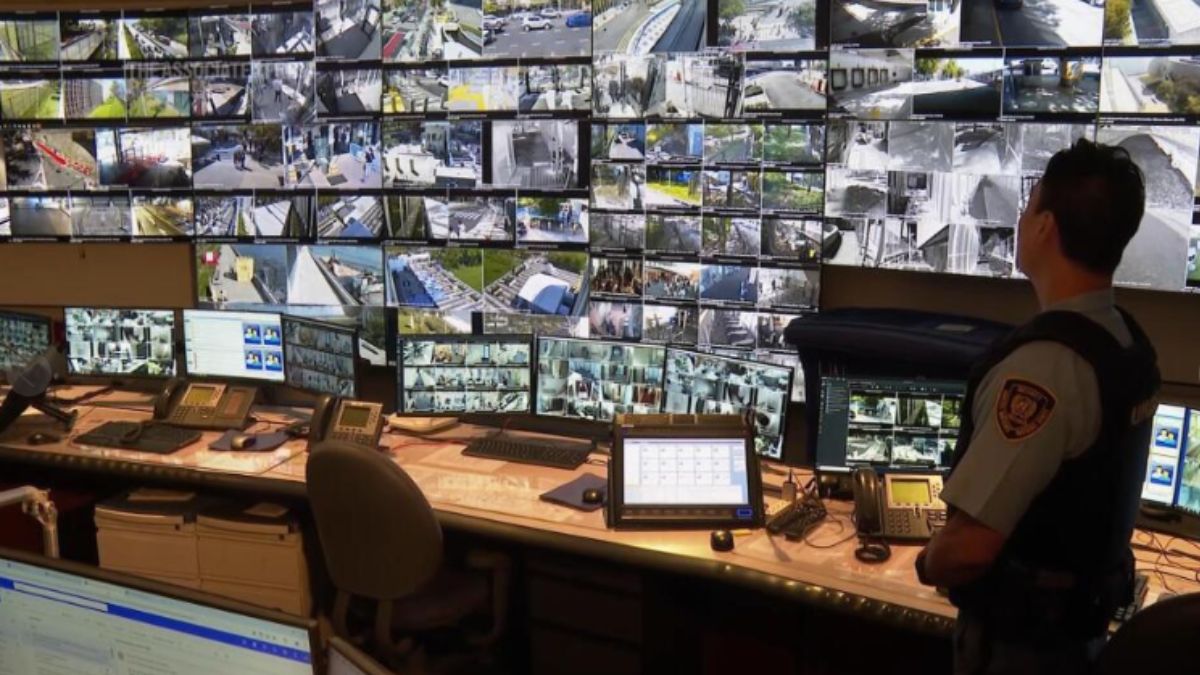)
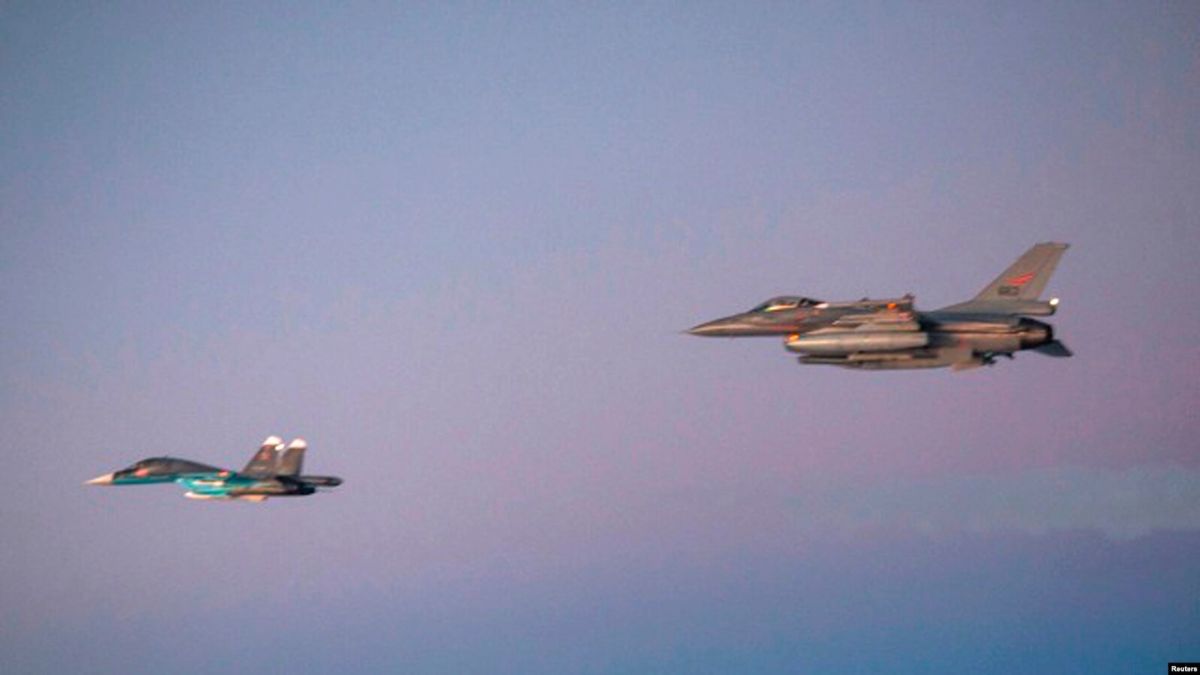)
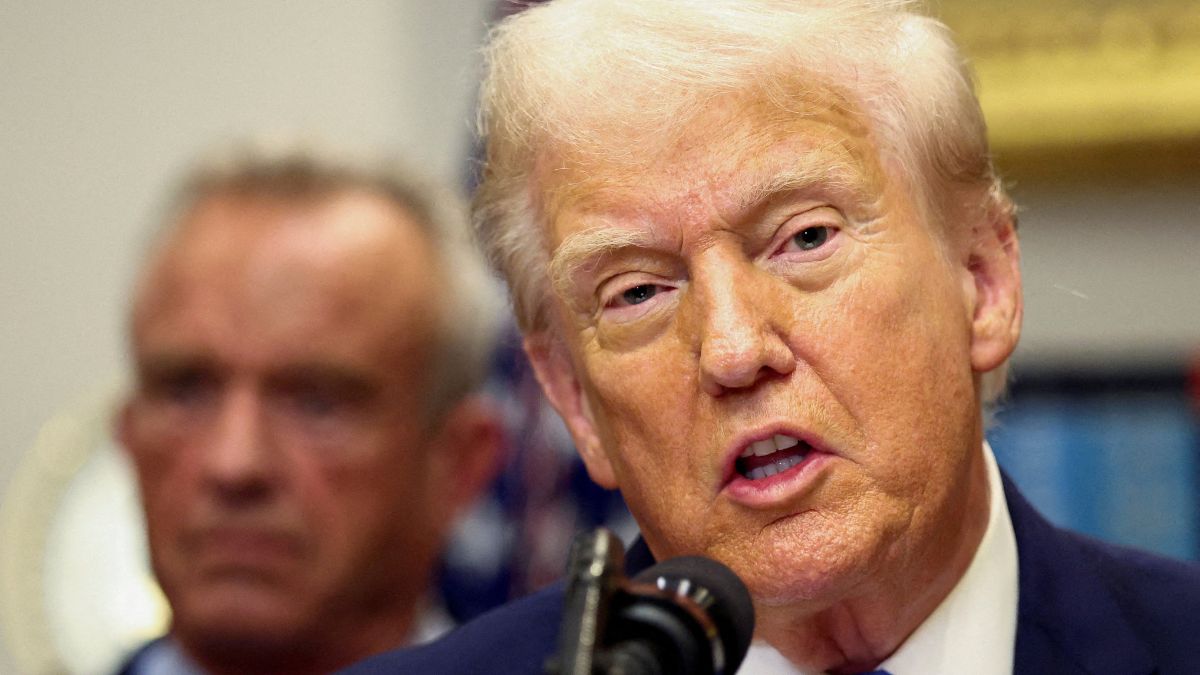)
)



